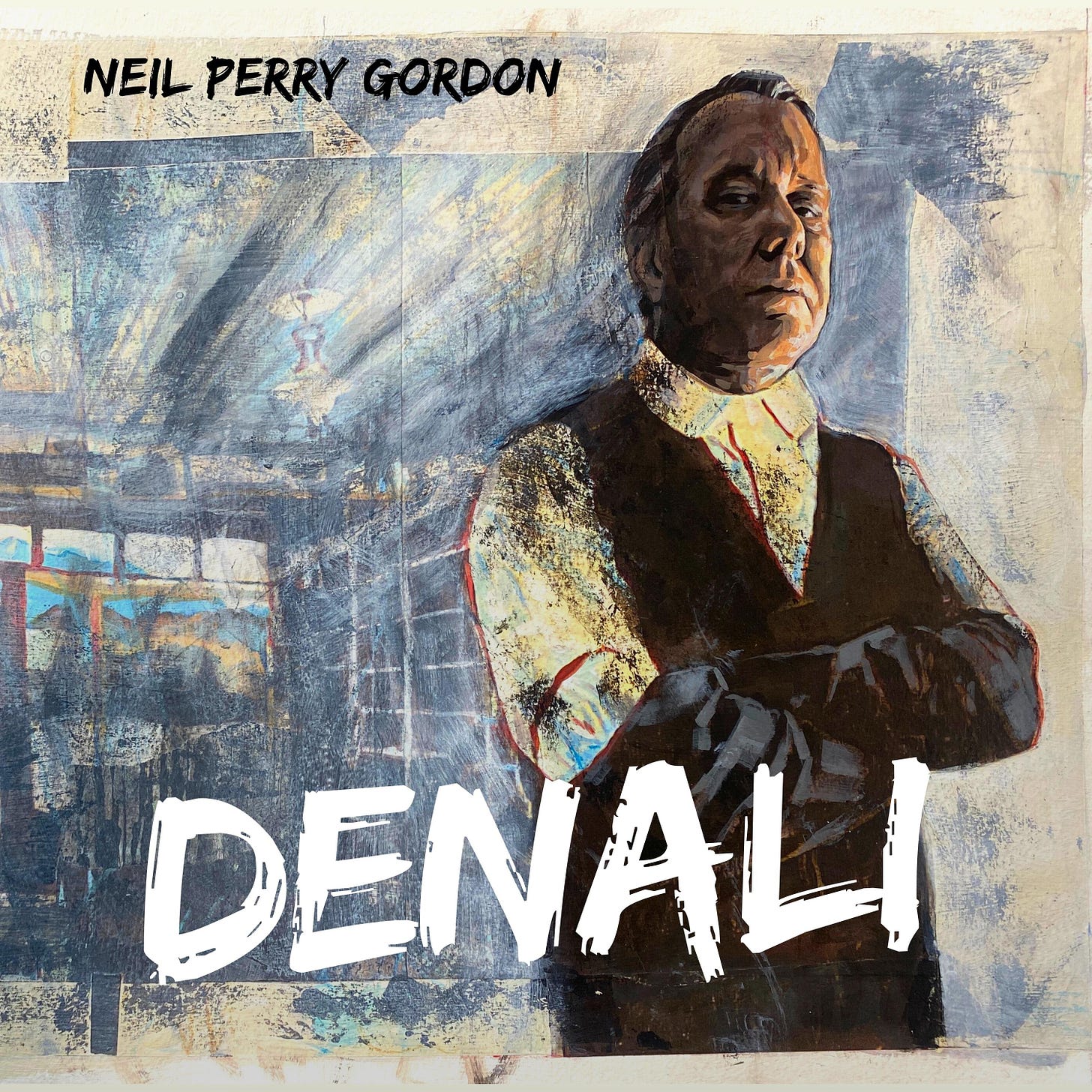Book reviews serve multiple purposes, not only as a measure of a reader’s judgment, but also as a guide for others considering making a purchase.
Unlike other products like a cup of coffee, which is gone within minutes of the transaction, a book is not consumed until it’s read. For most of us, this could take days or even weeks. Other arts, such as a concert or a visit to a museum, require only a few hours to absorb the experience, that’s why book reviews are critical considering the investment of one’s time.
There are two types of reviews—the customer review and the editorial review.
The customer review is the one at the bottom of the webpage with stars and a comment. These are written by someone who has purchased the book because they were moved by the summary, the book cover, a recommendation of a friend, or someone else’s review.
The editorial review is provided by the publisher, and is drafted by a professional reviewer for an organization such as a newspaper, blog or review site. Unlike the customer, who selects the book because they are emotionally drawn to the genre or subject matter, the editorial review is assigned to an editor, who’s paid for their unbiased opinion.
The big question is which one do you trust?
After writing nine novels, and champing at the bit for good reviews, I’ve come to an understanding of the difference between the two.
When a customer buys one of my books and invests considerable time reading and then additional effort writing their review, I’m honored and grateful. This provides me with the fuel to keep on writing and striving to provide the best stories for an audience I mostly never meet. Overall these reviews are heartfelt accounts of their experiences with my story.
The editorial review also offers important feedback, though from a different perspective. These professionals provide a synopsis and thoughtful insights not only to the quality of the story, but also to its characters, plot development and how the author engages the reader to turn the page.
I have been blessed with a bounty of five star reader reviews as well as powerful editorial reviews that offer prospective readers with an unbiased and truthful appraisals of my work.
My most recent release—Denali, has received excellent reviews from readers and pros alike. I’ve included a one of each below:
Editorial Review
Denali - by D. Donovan, Sr. Reviewer, Midwest Book Review
As the third and final book of a trilogy, Denali: The Alaskan Adventures of Percy Hope holds the promise of resolution to the story, which is set in the early 1900s. Percy Hope is on his way to New York in search of his missing son Walter and his fugitive mother, Peggy Greenburg.
This mission is diverted when he stumbles upon the journal of former friend Magnus Vega, who drowned a year earlier in the Bering Sea. It chronicles a voyage of discovery and riches that promises the same to Hope and his best friend Liam. They decide to travel into this uncharted wilderness, map in hand, for certain riches and adventure.
The story's action and adventure ramps up from the moment the toy boys deliver Magnus's legacy (six pieces of gold) to George Magnus, a grieving father who appears to be a drunken mess.
The duo uncovers a journal of mystery and promises, quickly attracts the attention of the nefarious Diamond Jim, faces George's disappearance with the gold, and embarks on a journey that soon becomes one of not just gold-seeking fever, but metaphysical revelation.
Readers seeking either a historical action piece or a tale of riches won't expect this injection of spirituality, but Neil Perry Gordon realistically portrays its rise, possibilities, and impact on Hope and Magnus's lives as a cave exploration turns into a quest for proof of an unimaginable spiritual realm.
Gordon moves between Hope and Magnus with first-person descriptions that juxtapose the journal entries of the past with Hope's present-day obsession.
The atmosphere of the times comes to life as these events evolve, from San Francisco and New York to Knik, Alaska and beyond. One reason why Gordon's story is so vibrant and realistic is the observations and experiences of the social milieu of the late 1800s. Gordon weaves this atmosphere so deftly into dialogues and reflections that readers absorb the feeling of the times without even thinking: “We used to live in a nice neighborhood, on Taylor Street,” he began.
“Yes, I know it,” I said with a nod. “It’s on the waterfront where fishermen sell their catch.”
“That’s right. Father worked the docks and Mother sold fish from the stalls.”
“What happened to them?” I asked.
“They were killed,” Emile said softly. “I watch them both die.”
As Hope comes full circle in many ways, readers will find the story completely engrossing as he returns to his original quest with newfound wisdom.
Yes, Denali: The Alaskan Adventures of Percy Hope represents the concluding volume to a trilogy that will primarily attract prior readers of Hope's adventures. But it will also appeal to newcomers with its ability to build upon past events while moving forward into the next phase of Hope's life.
Libraries strong in fiction that holds a strong historical backdrop but comes to life with action and adventure, especially those interested in turn-of-the-century Alaskan backdrops, will find Denali: The Alaskan Adventures of Percy Hope a solid acquisition that is highly recommended for its unique brand of action, adventure, and character evolution.
Reader Review
5 STARS - “Enjoyed every single page”
Reviewed in the United States on June 7, 2022
“I'm not a big fan of reading extended stories. And one of them is this one. But I'm not sure what drew me to pick up this book. And after finishing it, I realized that I would have missed out on a wonderful book if I hadn't chosen it. It was a wonderful adventure novel written by a brilliant author. The plot was well-developed, and the characters were fantastic. I found all of the characters to be really relatable and enjoyable. In this work, the turns and twists, the pacing, the grammar, and the fluency were all excellent. I have to say that I thoroughly liked every minute of reading this. As a result, I strongly advise you to choose this to enjoy your relaxation.”









I echo these sentiments. You could also liken the editorial review to the snapshot decisions made by literary agents and publishers when considering a book for publication. Of course, there is a lot more to consider, notably the projected profit or, more likely, loss.
I sometimes scream at these gatekeepers with their wish lists when presented with a self-published book that has garnered five-star reviews (mostly). Real people such as the ones they would like to sell to really love it enough to buy it. I haven't seen much difference between my editorial and reader reviews except that the former are usually more predictably formulaic.